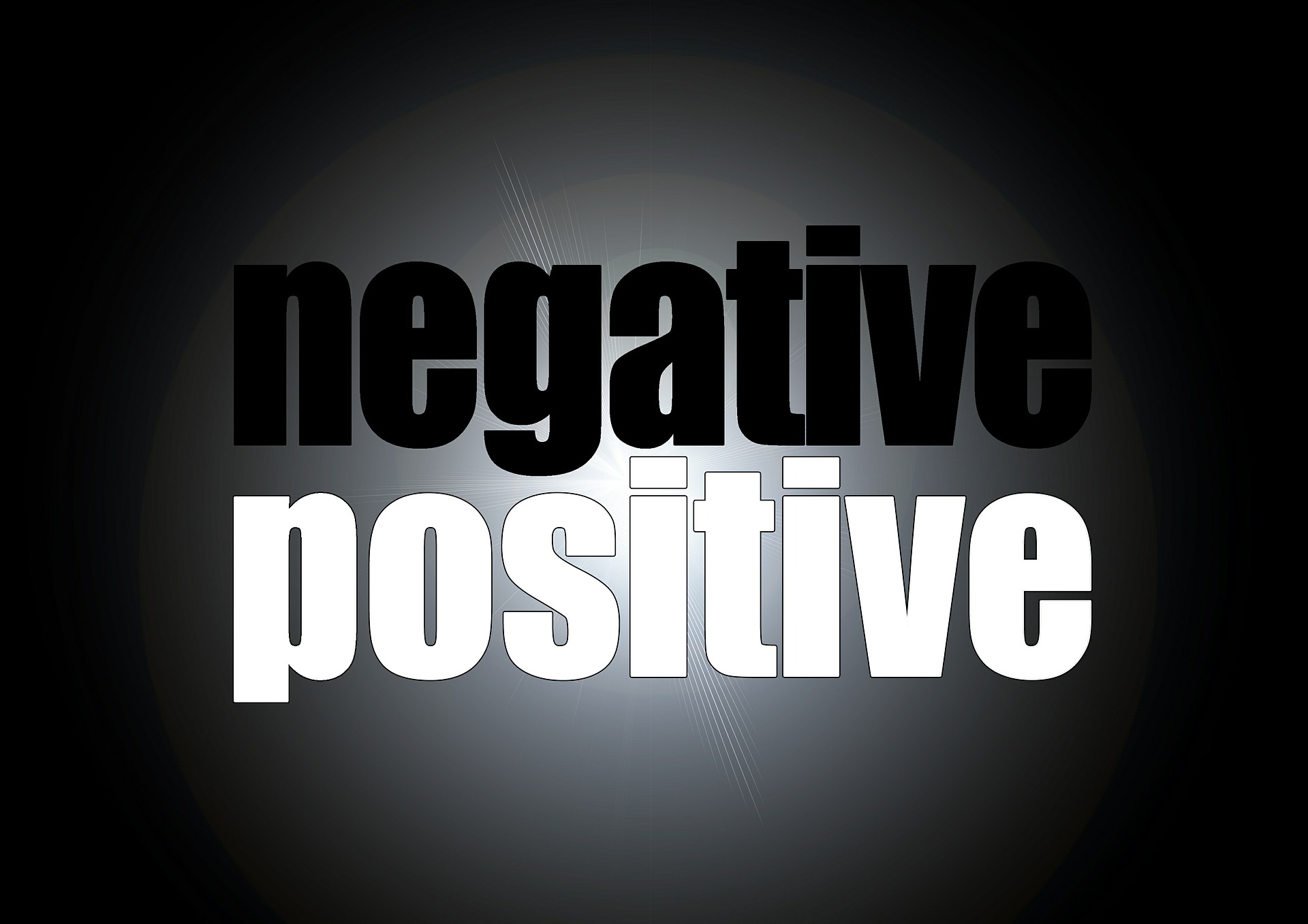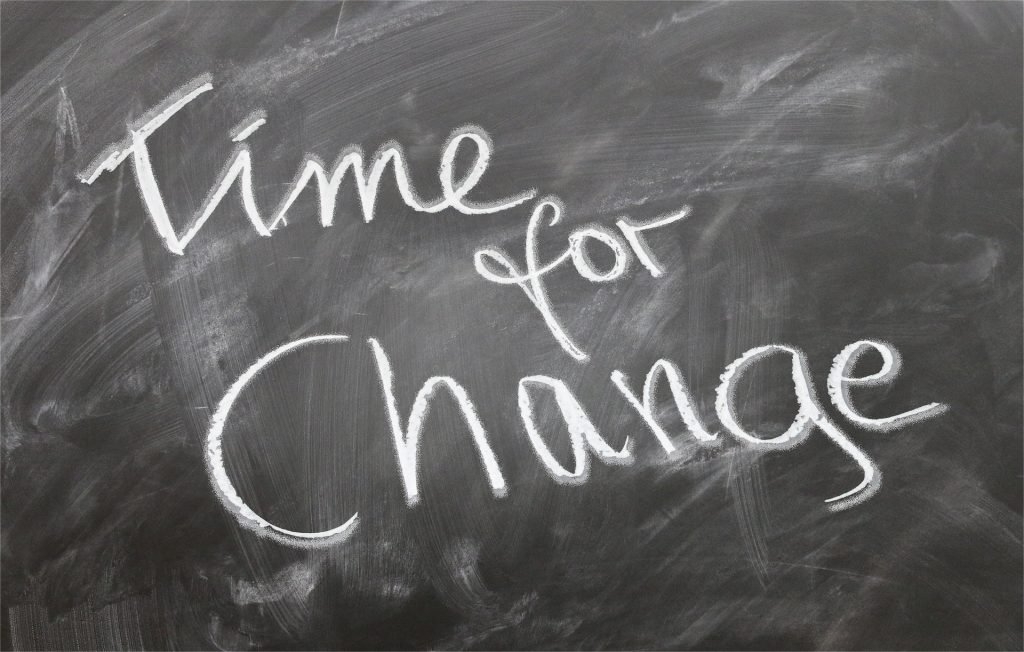And There’s More to the Right Tool Than Meets the Eye
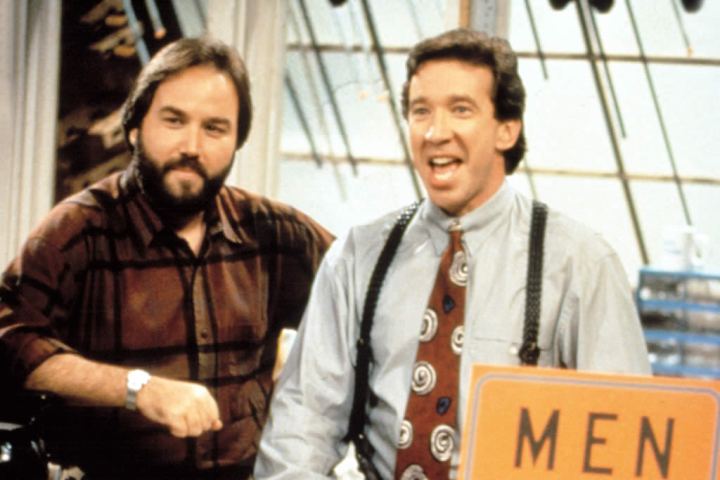
For those of you that remember the TV sitcom “Home Improvement” you’ll remember Tim ‘the Tool Man’s’ attempts to give everything from cars to household appliances “more power” and the infamous ‘grunts’ that accompanied this.
There’s something primal in finding a new tool and learning to use it.
You’ve heard it said that, “The way to a man’s heart is through his stomach.”, which I agree works pretty well. However, I would argue that an even better way is…give him a new power tool.
There is a tool out there for every job and often times more than one. As cool as tools are, they’re worthless if you don’t have them, don’t know how to use them and then actually do so.
The biggest “tool” problem is…the lack of “business system tools”.

Most “construction guys” would prefer to use a circular saw or screw gun rather than a computer. Paperwork usually isn’t what they think of when considering tools.
One of the most important tools in the “construction tool” arsenal is paperwork. Profitability and the success of the company hinges on the accuracy and knowledge of income and expenses. It requires having the right tools, knowing how to use them and then actually doing so.
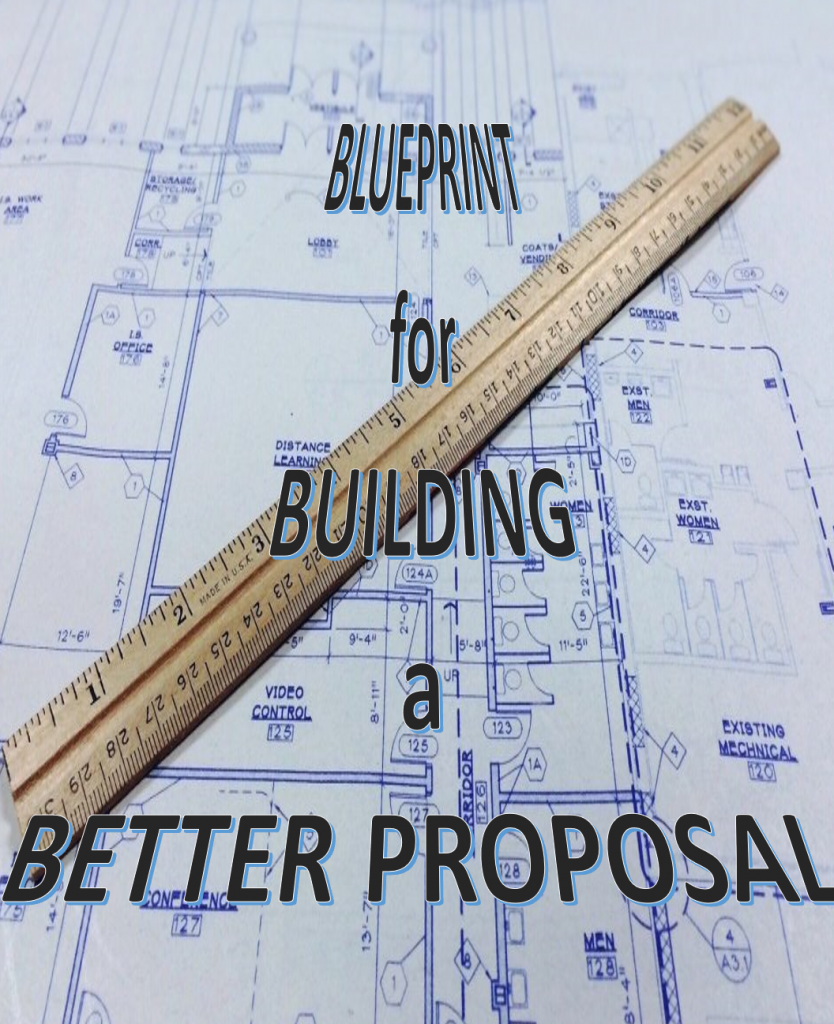
One such tool is the Blueprint for Building a Better Proposal system. Early on I had no system for doing proposals and like most contractors I guessed. That’s when I decided that I had had enough and developed a system that took the guess work out of proposals. I’ve been using and refining this Blueprint for Building a Better Proposal for more than 25 years. You can use this same tool by purchasing the downloadable system (complete with templates, instructions, and examples). This way you can stop rolling the dice with your profits and take control of your money and your business.
In talking with construction companies about the bidding process they all see the benefits of having a system but can’t see the value for the price. These same people wouldn’t think twice about spending hundreds or thousands of dollars to buy cordless tool kits or pneumatic nail guns and compressors, not to mention the price of skid loaders.
The real question is value…not price.
When considering tools, you should consider the return on your investment. Those power tools that you purchase are going to wear out over time and need to be replaced. The Blueprint for Building a Better Proposal won’t. You can purchase the Blueprint for Building a Better Proposal for less than the price of a good quality cordless tool kit and the return on that investment is priceless.
Having the right tools, knowing how to use them, and then actually doing so can be the difference of having a successful company or giving up and going out of business.
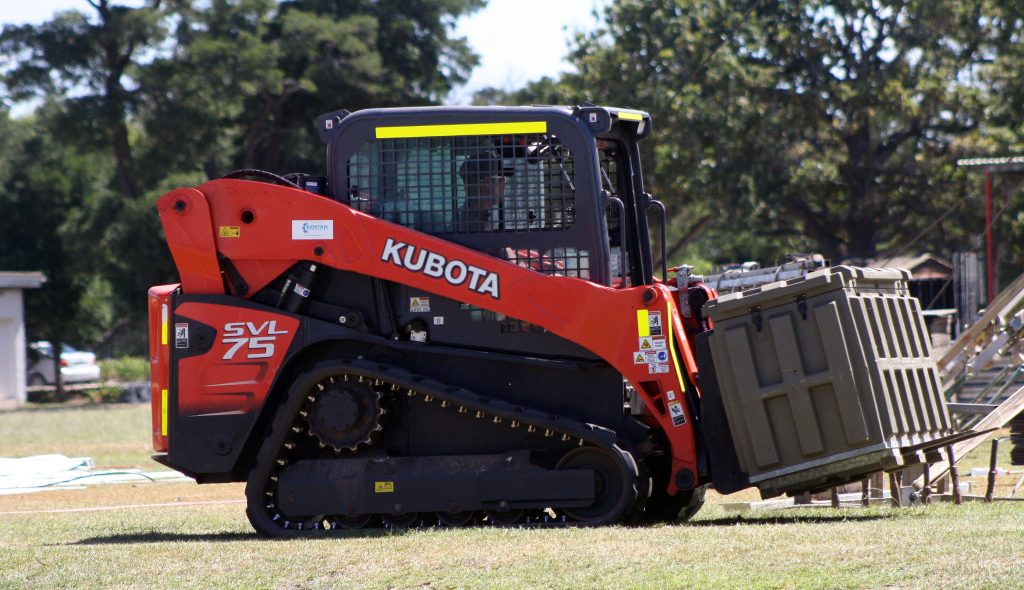
You’ve never been afraid to get a new power tool and learn how to use it.
Don’t be afraid to get a new “proposal power tool” and learn to use it either.





















